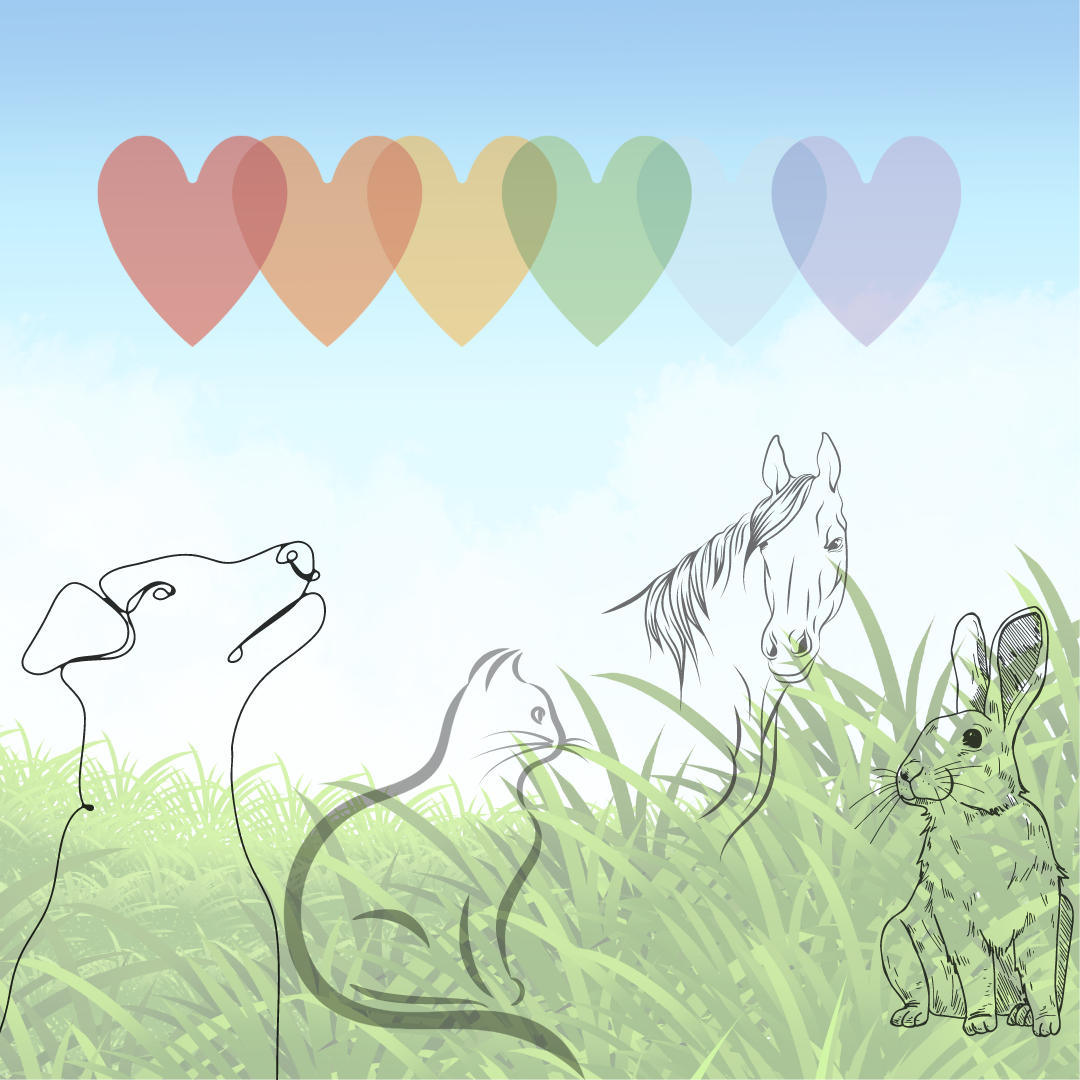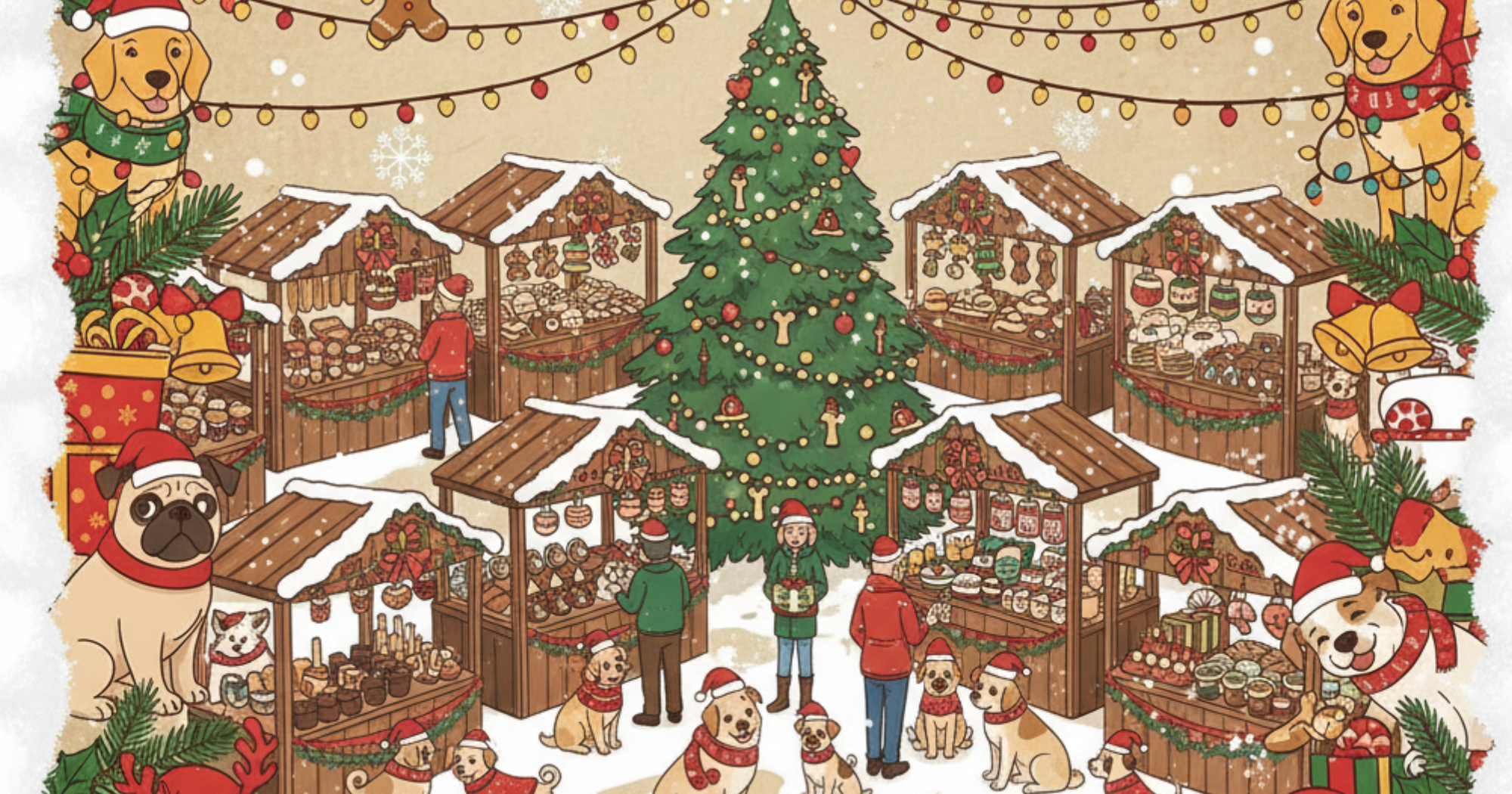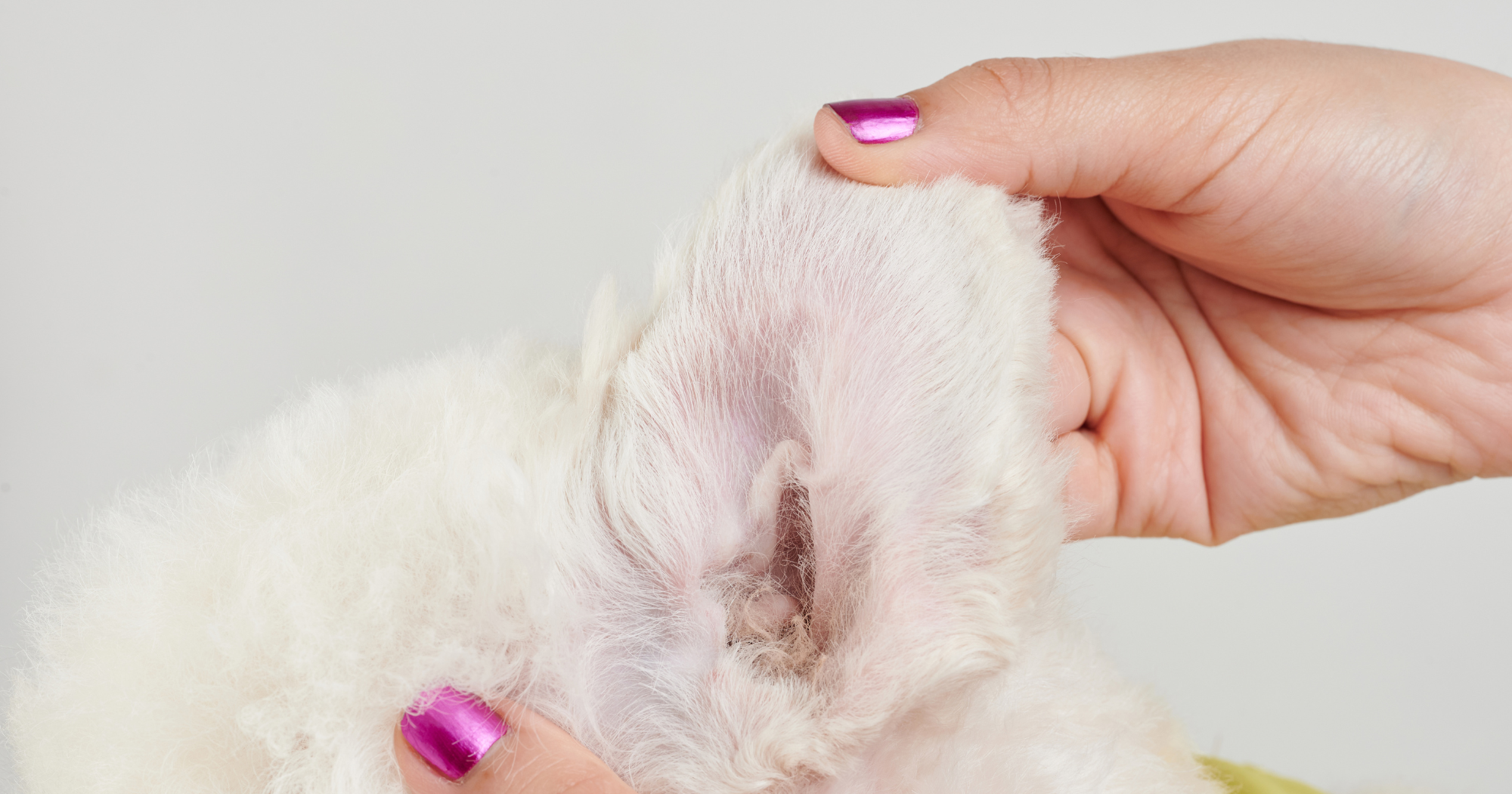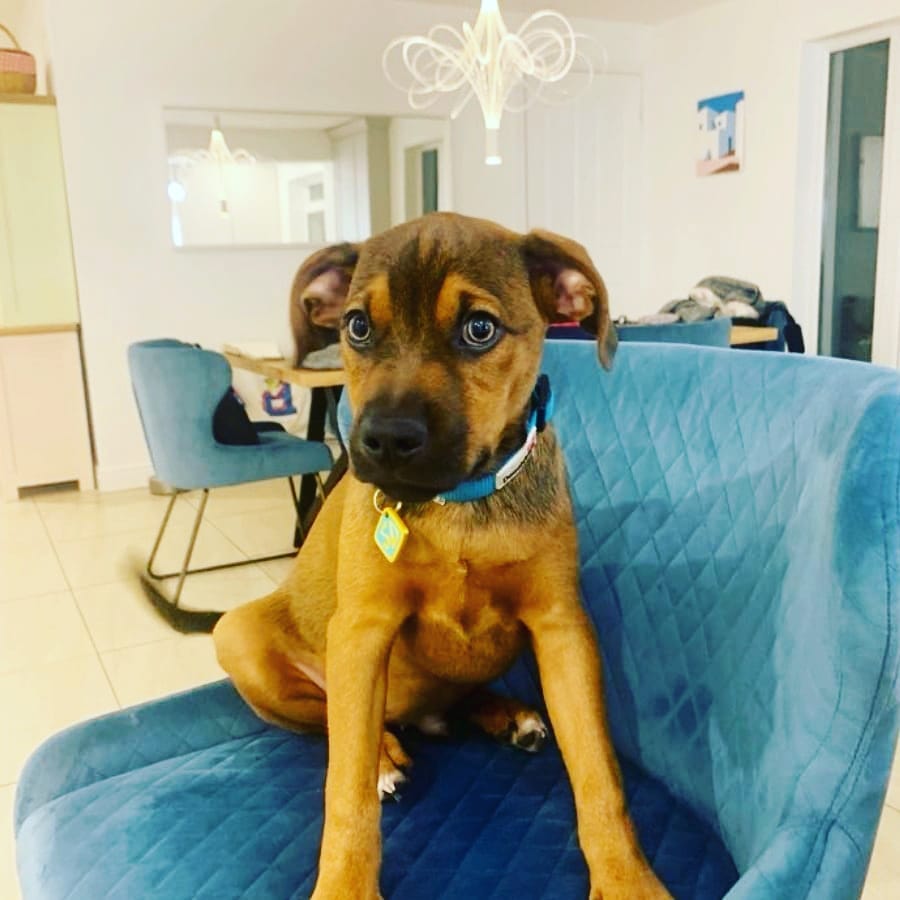
Introduction
Dealing with the loss of a beloved pet can be an incredibly difficult and emotional experience. We have experienced pet loss and admit it isn’t ‘for the faint hearted’. We have experienced losing pets at ripe old ages; a dog at the age of only 3 years old from kidney failure, and even more upsetting, an 18 week old puppy. Our beloved Raffy died from a Liver Shunt Christmas 2021 and it was one of the most difficult, emotional and traumatic times of our lives. Not only was it harrowing to accept his terrible illness and his subsequent death, which in itself is more than enough to deal with, it all happened at Christmas time.
The pain that followed and the harsh reality which sorrowfully engulfed us was a very low and distressing time for us. Raffy’s life didn’t start out great due to neglect. He was one of the 10 puppies found in a bag in Wexford town by the WSPCA. Our daughter fell in love with him instantly and adopted him. He was handsome, characterful, and the sweetest bundle of pure joy. We had a very short companionship and life with Raffy and finally came to terms with his passing, but it remains etched in our minds that his death was so unfair and that little time we all shared with Raffy was just too short. Our precious memories of dear Raffy will stay in our hearts forever. He will never be forgotten.
When analysing relationships with our pets it is evident that they our valued friends who rely on us, as we do them. So the loss of a pet can create an overwhelming, deep pain which becomes difficult to deal with, and while there is no single right way to cope with pet loss, we felt it necessary to write an article to guide you with a few suggestions and strategies that may help you navigate this challenging time.
How To Cope With Your Loss
- It’s okay to feel sadness and loss. You must give yourself permission to grieve and understand the feelings you are experiencing are normal and valid. Give yourself time.
- Talk to friends and family who have experienced the loss of a pet. Sharing your feelings with others who understand can be comforting and will help you deal with the grieving process.
- There are pet memorial websites where you can create lasting tributes by uploading a photo and story of your pet.
- You may choose to bury your pet or you might choose Cremation. Either way, you can make this a special event with your loved ones around you. There are many websites for you to buy memorial plaques or stones to put at your pet’s last resting place. You may also want to scatter your pet’s ashes in a special place. There is no right or wrong way. It is very much individual choice. There are plenty of Irish brands out there that offer pet memorial gifts.
- Creating a keepsake is a lovely way to have your pet near you at all times. Some people take a piece of fur and put it into a frame. Maura makes jewellery for pet owners and recently took a nose print of a beloved dog as a pendant to adorn a necklace as a keepsake for a friend of ours. It is utterly beautiful! Maura also takes paw castings whilst your pet is fit and healthy as a precious keepsake too. There are photo frames to put an inked paw print into, urns to keep their ashes in and teddy bears you can fill with your pet’s ashes. The list is endless and specialised pet cremation services will help you fulfil your requests.
- Consider volunteering at an animal shelter or donating to a pet-related charity in your pet’s name. Helping other animals can be therapeutic and can help you to heal.
- Take care of yourself during this difficult time. Engage in activities that bring you comfort and joy. Spend time in the open air, exercise and eat a well balanced diet. Rest when needed. Sleep loss can be a problem during bereavement so plenty of rest and self care is essential.
- And finally, if you are experiencing deep bouts of low times, sleep loss or problems with eating, you may benefit from professional counselling who will understand your pain and help you on your path of healing and acceptance
- Lastly, it’s important to understand the 5 stages of grief. This concept was first published by a Swiss-American psychologist called Elisabeth Kübler-Ross in 1969. Her model became the generally accepted standard still used to this day. Medical professionals soon realised the 5 stages of grief apply to all types of grief, including a beloved and trusted pet. Not everyone goes through the same stages of grief because everyone grieves differently. In fact you may even experience the 5 stages in a different order, because we are individuals and our grief is solely ours, in our way, our mind and our body.
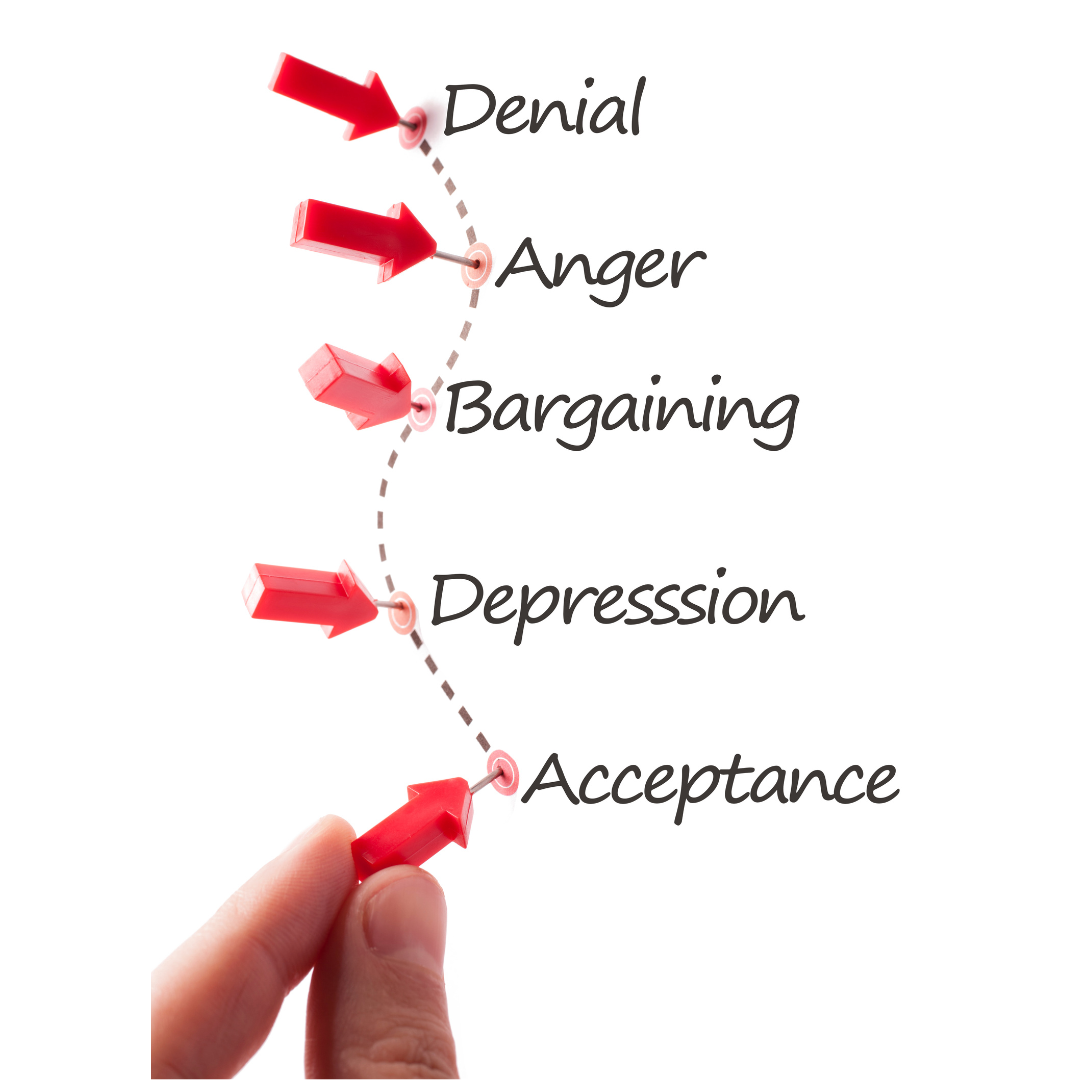
Conclusion
Delving into reality as pet lovers, pets often become cherished members of our families, and losing them can leave a significant void in our lives. This was certainly the case with all of our pets. The human-pet bond is a mutually beneficial and dynamic relationship, and pets are a source of love and affection. So when they are no longer there, we feel lost, lonely and bereft. Bereavement is the loss we feel as individuals whilst learning to adapt to a new situation. It’s entirely natural to have those emotions and as the old saying goes ‘time is a healer’. We hope this article has helped all those affected by pet loss and grief, and remember you are not alone.
